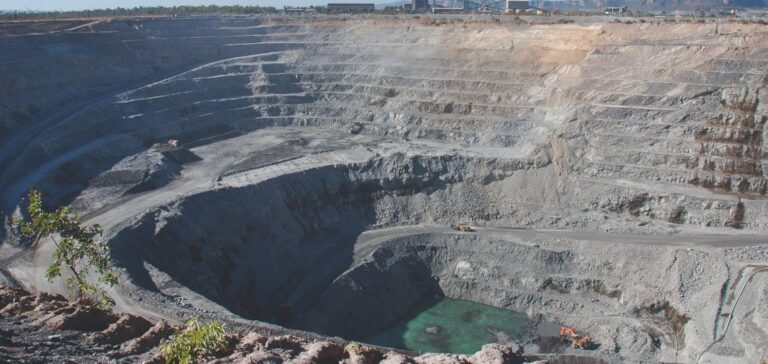Canadian Nexus Team Ventures Corp. (CSE: TEAM) has recently announced a strategic investment in Impact Uranium Group Ltd., marking its second significant venture in the Athabasca Basin. This initiative is part of its broader plan to strengthen its uranium-focused asset portfolio, a sector that is seeing rapid growth. The investment in Impact Uranium reflects the increasing global emphasis on nuclear energy as a core component of the energy transition.
A targeted investment in the Athabasca Basin
The Athabasca Basin in Canada is renowned for its high-grade uranium deposits. The King South Project, owned by Impact Uranium Group, is located within the Wollaston-Mudjatik Transition Zone, home to world-class uranium mines such as Cigar Lake and McArthur River. This strategic geological area, which includes well-established deposits, has become a hotspot for uranium-focused companies. Recent discoveries at Millennium and Rook 1 have further amplified the interest in Athabasca.
Impact Uranium Group’s option to acquire 100% ownership of the King South Project, spanning 10,575 hectares across three mineral claims, includes several unexplored exploration targets. The project already features 10 documented uranium occurrences and multiple electromagnetic (EM) targets that remain untested. Moreover, a 2022 magnetic survey conducted by KBM Resources Group confirmed historical geophysical features, providing a modern dataset for future exploration.
Investment details and short-term outlook
As part of this strategic move, Canadian Nexus Team Ventures acquired 625,000 common shares of Impact Uranium at a price of CAD $0.12 per share, amounting to a total investment of CAD $75,000. This partnership will likely strengthen the company’s position within the uranium sector as demand for the mineral surges, driven by the growth of nuclear energy.
This transaction is part of a broader strategy to diversify and bolster Canadian Nexus Team Ventures’ uranium holdings, which also include 1 million shares of Citizen Uranium. The company has highlighted that the investment in Impact Uranium is considered non-arm’s length, as one of Canadian Nexus’ directors, Yana Silina, is an officer of Impact Uranium. However, Ms. Silina abstained from any decision-making related to this investment.
The growing role of uranium in the energy transition
As governments and industries increasingly focus on securing a reliable, low-carbon energy source, uranium has become a strategic asset for nations looking to strengthen their electricity supply. With some of the richest uranium reserves in the world, the Athabasca Basin is well-positioned to meet this rising demand.
The investment by Canadian Nexus Team Ventures in Impact Uranium could prove to be a key component of its long-term strategy, with growth prospects dependent on the results of upcoming exploration campaigns.






















